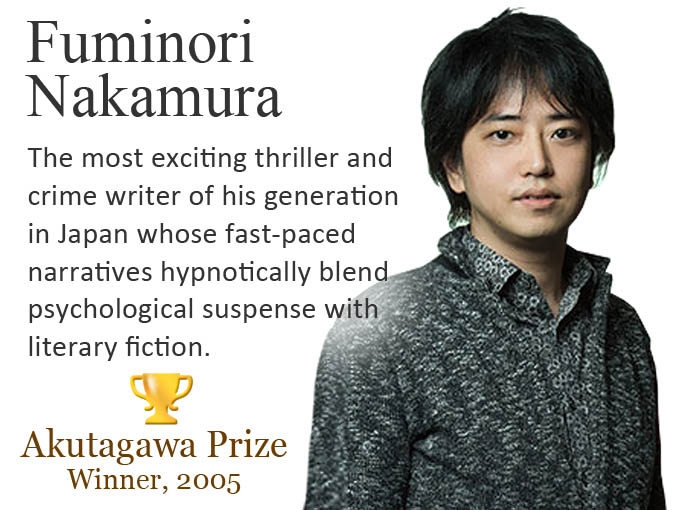The Noma Prize is run by Kodansha, Japan’s largest publisher and is named after its founder Seiji Noma (1878-1938). It was set up in 1941 in accordance with the final wishes of Seiji Noma. The prize is worth 3 million yen, three times the prize money for the Akutagawa and Naoki Prizes.
Editors from the publisher Bungeishinju select the short list that the judging panel of 9 judges, choose from for the Akutagawa and Naoki Prizes. Judges in Japan, who sit on the panels of the most prestigious prizes, often want to see more than one title from an author so they can consider their overall potential before the author, as opposed to their book, is picked as the winner.
Apparently, these two prizes are sometimes awarded to increase the profile of authors even if the work is “problematic” according to Manufacturing Modern Japanese Literature: Publishing, Prizes, and the Ascription of Literary Value, by Edward Mack. Sometimes winners are chosen “on the expectation of more and better work in the future” which is not the case for many international prizes, such as the Man Booker Prize, where only the merit of an individual title is judged and not the career potential and marketability of an author.
In 2004, the Honya Taisho Award (Japan Booksellers’ Award) was launched in response. The winning book is selected by staff working at bookshops and not a panel of judges. Past winners have included: Yoko Ogawa’s The House Keeper and Professor and Woman on the Other Shore and The Eighth Day, by Mitsuyo Kakuta. The award uses the slogan “Nationwide Booksellers’ Most Recommended Books” and prides itself on the open, public and transparent process it runs in selecting its winners. Titles that win the Honya Taisho Award, unlike many Akutagawa and Naoki Prize winners, go on to sell in very large numbers.
Nevertheless, publishers still run and promote their own awards. Kodansha awards The Edogawa Rampo Prize, established in 1955, named after the famous Japanese author who pioneered detective fiction in Japan. Taro Hirai (1984-1965), the author which the prize honors wrote under the name of Edogawa Rampo, as he was an admirer of the American writer Edgar Allen Poe (1809-1849). The company also sponsors The Kenzaburō Ōe Prize, named after one of Japan’s two winners of the Nobel Prize in Literature.
Another example of a publisher backed prize is The Shosetsu Subaru Prize, launched in 1988, by another leading publisher Shueisha. It is awarded to new writers of unpublished works.
Others notable prizes set up by publishers include the Yukio Mishima Prize and the Shugoro Yamamoto Prize, which were both set up in 1988 by Shinchosha another publisher.
Many of Japan’s newspaper groups, which often own magazine companies and publishing companies also award literary prizes – the most prestigious of which is probably the Yomiuri Prize for literature, set up in 1949 by the publisher of Japan’s oldest and bestselling newspaper. Haruki Murakami and Yuko Mishima have both won the Yomiuri Prize.
© Red Circle Authors Limited

